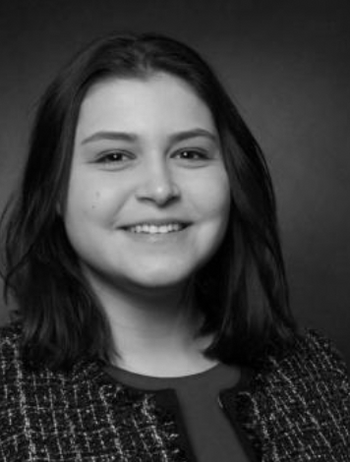Berkeley lecturer uses 'Game of Thrones' to push climate change agenda
The global television phenomenon Game of Thrones kicked off its eighth and final season on Sunday, prompting various reactions and theories among the staunchest fans. But one UC-Berkeley lecturer offered a very unique take during an interview with the student newspaper, suggesting that the popular television show provides subliminal commentary on the dangers of climate change and the power of the fossil fuel industry.
UC-Berkeley lecturer and graduate student Spencer Strub told the Daily Californian that a key, yet often unnoticed, element of the storyline in the series is the analogy it draws to climate change.
[RELATED: Gonzaga event: ‘Is Moana about Rape?’]
“The Cersei Lannister story is a good stand-in for the fossil-fuel-funded congresspeople,” Strub said during the interview, while describing the manner in which the character stays in the prosperous capital city of King’s Landing and waits for many of the other areas of the continent of Westeros to suffer from the invasion of the White Walkers from the North, decimating any competition she has.
Strub taught an English course titled “Games of Thrones, Medieval to Modern” at UC-Berkeley in summer 2018. His syllabus made no mention of climate change and the class seemed to focus on the literary work of Game of Thrones as part of the larger area of study of English literature, from the creation of Beowulf to the Shakespearean era and finally to the modern day.
However, Strub’s syllabus did mention that students in the class would be discussing “the broader cultural conversations that Game of Thrones has elicited – namely, around misogyny, sexual violence, race, and representation.”
[RELATED: Public university offers ‘Game of Thrones’ class]
“People make meaning out of the books and the show, and that is not limited by the author’s intentions,” Strub said in his recent interview with the Daily Californian. “I think that this is one of the ways that Game of Thrones is mobilized into contemporary political discourse.”
Like most literary analysts, the professor seems to look for hidden meaning in everything and encourage his students to do the same.
“We need more narratives that are about climate change,” Strub told the Daily Californian. “People are being affected and displaced by the effects of climate change right now — all these things are stories that need to be told in fiction and in nonfiction.”
Follow the author of this article on Twitter: @VSnitsar

